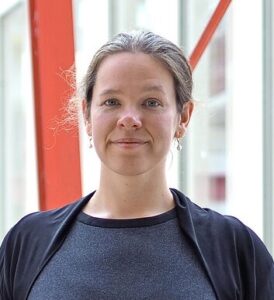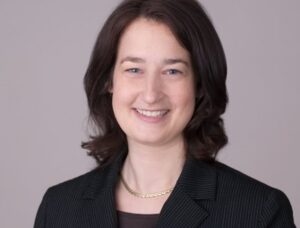Join the EUCAIM Consortium
Open Call for New Beneficiaries
We’re inviting new partners to enhance our pan-European infrastructure for cancer images and artificial intelligence.
Whether you’re a data holder with valuable cancer images or an innovator developing AI tools for precision medicine, this is your chance to contribute to a groundbreaking project.
Apply by 10 June 2024!
Open Call Webinar
We recently hosted a webinar with more details for prospective applicants to the open call. A recording is available.



